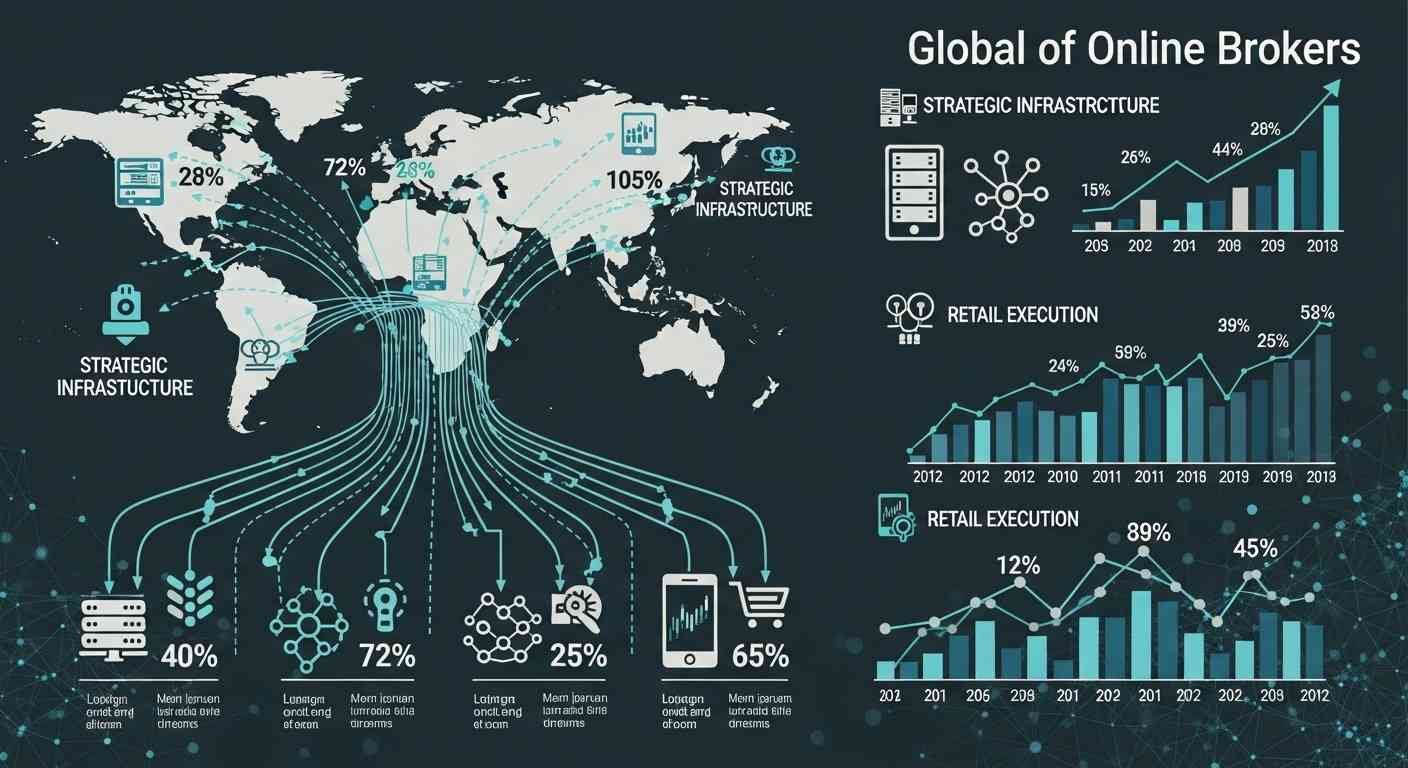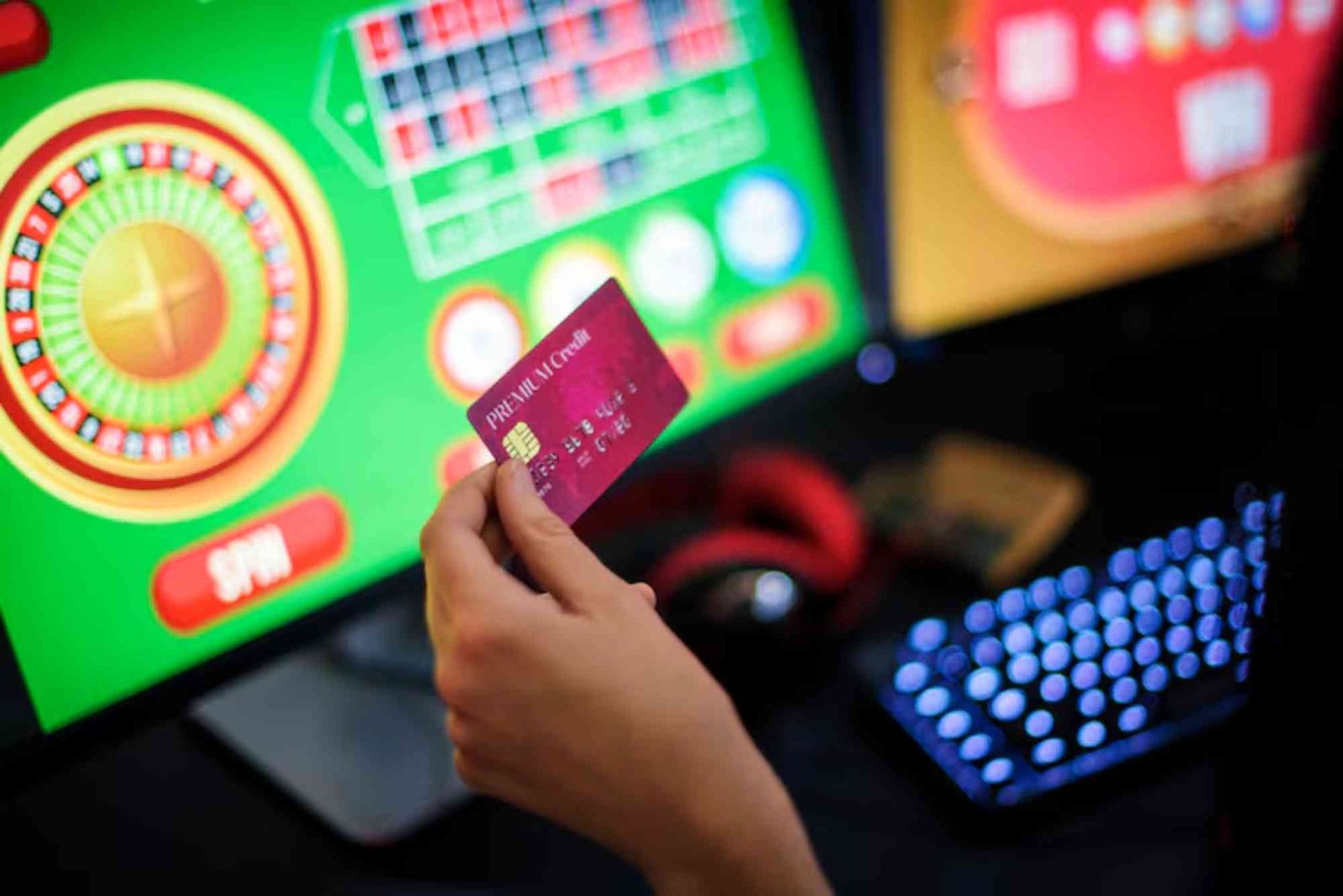When online casinos first emerged, their games were entirely computer-generated. Slots, blackjack, roulette—all of them depended on random number generators (RNGs) to simulate fair play. Fast forward to today, and live dealer games have added a new dimension, offering players a chance to experience the human side of gambling in real time.
This raises an interesting question: are live dealer games actually more fair than their computer-generated counterparts, or is the fairness factor more about perception than reality? Having played extensively in both formats, I’ve experienced first-hand how trust, transparency, and technology shape the player’s sense of fairness.
The Basics of RNGs and Player Trust
Computer-generated games use random number generators to determine outcomes. The mathematics behind RNGs is complex but, when properly tested and certified, they are as random as technology allows. Regulators and independent auditors like eCOGRA or iTech Labs evaluate these systems to ensure they cannot be manipulated by casinos.
Despite this, many players remain skeptical. Watching reels spin on a screen or digital cards flip over can feel less convincing than seeing a real dealer shuffle a deck. I’ve spoken with friends who avoid computer-generated table games entirely, not because they are rigged, but because they lack the human transparency that live dealer games bring.
Why Live Dealer Games Feel More Transparent
The strongest appeal of live dealer games is their visibility. You see the dealer shuffle the cards, you watch the ball spin in the roulette wheel, and you interact in real time through chat functions. This human element creates a sense of trust that algorithms alone cannot.
For players in newer markets—especially those exploring innovative platforms like uk crypto casino sites—live dealer options often serve as a reassuring bridge between digital play and traditional gambling. The psychology here matters. Even though the mathematics of RNG games is sound, players instinctively feel safer when they can observe the process with their own eyes.
The Role of Regulation and Testing
It’s worth noting that fairness doesn’t come from the format alone but from the regulation that supports it. Both RNG-based games and live dealer setups are overseen by licensing authorities such as the UK Gambling Commission or the Malta Gaming Authority. These regulators require strict testing of game outcomes, dealer procedures, and technical systems.
Live dealer platforms, in fact, must balance both technology and human oversight. While dealers run the physical side of the game, advanced software records every move to ensure accuracy and prevent disputes. Cameras, sensors, and optical character recognition convert physical events into digital data, guaranteeing consistent outcomes for all players.
Are Live Dealer Games Always Fairer?
The perception of fairness is often more powerful than the technical truth. From a purely mathematical perspective, properly certified RNG games are just as fair as live dealer games. The difference lies in the player experience. Live games replicate the social and transparent elements of a land-based casino, while RNGs offer faster, solitary play.
That said, fairness in live dealer games isn’t automatic. Poorly regulated casinos may hire undertrained dealers, use unreliable equipment, or lack the safeguards that prevent human error. This is why regulation and independent audits remain critical for both formats.
The Psychological Edge of Human Interaction
One undeniable advantage of live dealer games is their ability to reduce suspicion. I recall playing roulette online late one night and realizing how much more comfortable I felt watching the ball physically drop into a number than I did when the result was simply displayed on a screen. The human interaction—even if limited to a brief chat with the dealer—added authenticity to the experience.
This psychological reassurance explains why many players prefer live tables, even though the house edge is identical to RNG games. Perceived fairness can be just as important as actual fairness when it comes to player satisfaction.
Where RNG Games Still Shine
It would be unfair to dismiss computer-generated games outright. RNG slots and table games offer advantages that live dealers cannot match. They are faster, available 24/7 without waiting for tables to open, and often come with lower minimum bets. For players seeking convenience and variety, RNG-based play is unbeatable.
In my own gambling habits, I enjoy slots precisely because of this convenience. I can play for a few minutes on my phone without committing to a full live table session. RNG games deliver entertainment quickly and efficiently, which keeps them relevant alongside live dealer experiences.
The Future: Blending Technology and Human Play
The future of online casinos may not be about choosing one format over the other, but about blending them. We’re already seeing hybrid games where RNG-driven features combine with live dealer action, offering the best of both worlds. As virtual reality and augmented reality evolve, the lines between live and computer-generated experiences will continue to blur.
For players, the focus should always be on playing at licensed, transparent casinos that offer both formats. Whether you choose RNG slots for convenience or live dealer games for authenticity, fairness comes down to trust in the platform and the regulations behind it.
Final Thoughts
So, are live dealer games more fair than computer-generated ones? Technically, no—they’re both fair when regulated and tested properly. But in practice, live dealer games often feel fairer because they restore the human element and transparency that players crave.
At the end of the day, fairness is not just about mathematics—it’s about perception. And as long as players value authenticity and social interaction, live dealer games will continue to grow in popularity alongside their RNG counterparts.



